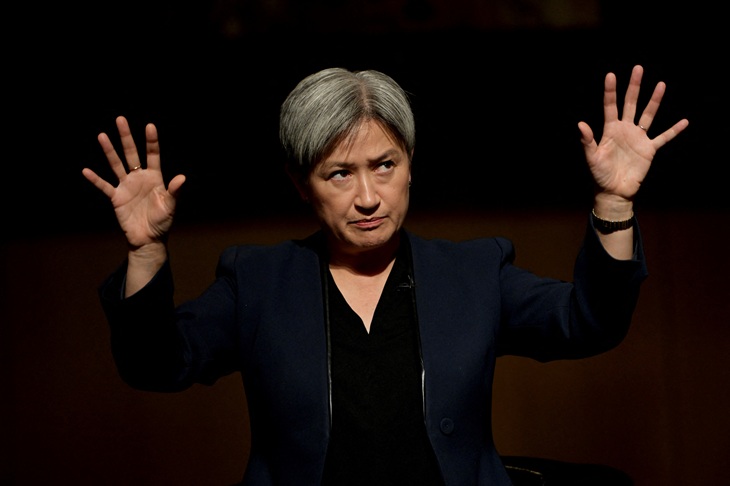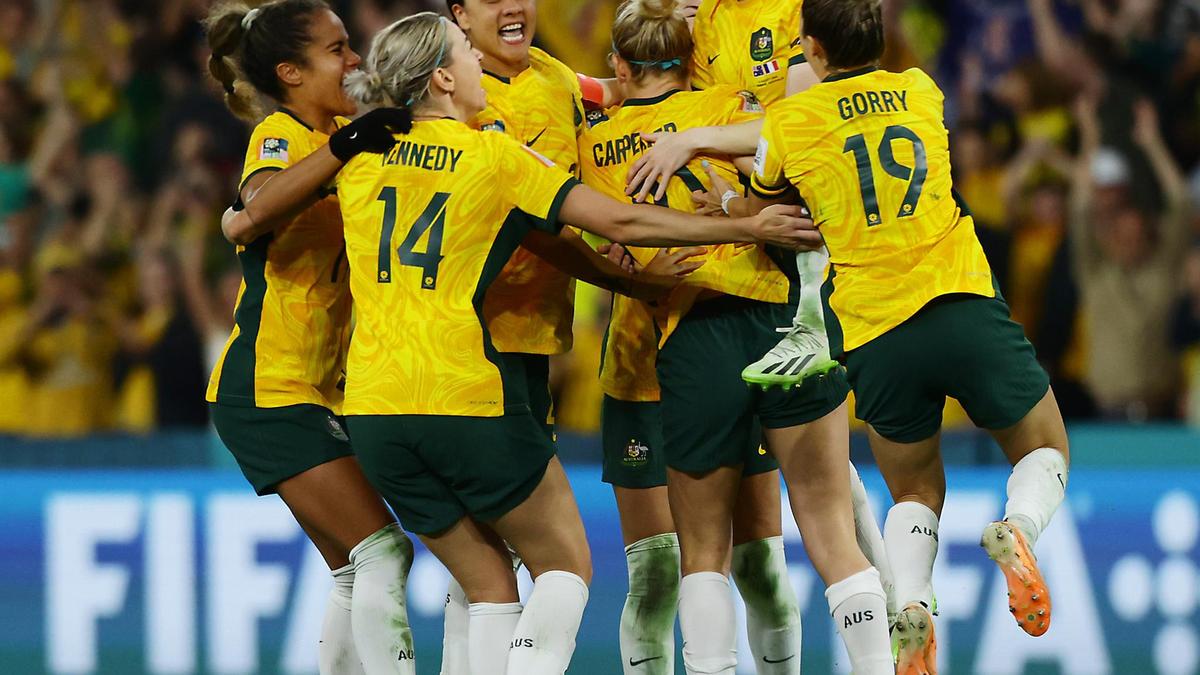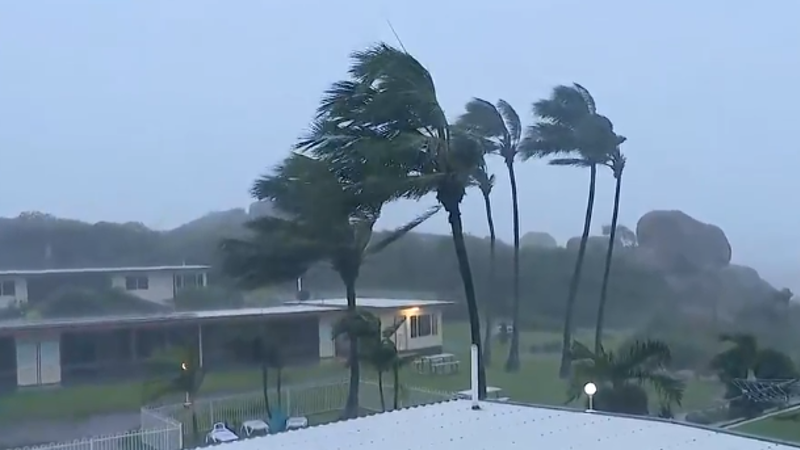
Australia's Foreign Minister Penny Wong gestures during a panel discussion with Indian Foreign Minister Subrahmanyam Jaishankar (not pictured) and New Zealand's deputy Prime Minister Winston Peters (not pictured) at the Raisina Down Under conference in Canberra on November 6, 2024. (Photo by TRACEY NEARMY / AFP) (Photo by TRACEY NEARMY/AFP via Getty Images)
UPDATE: Australian Foreign Minister Penny Wong is facing intense criticism today for allegedly attempting to take credit for the recent peace deal between Israel and Hamas. Former Liberal Treasurer Josh Frydenberg has publicly condemned Wong’s claims, labeling them as “wrong, offensive, and deceptive.” The fallout comes just hours after Wong’s comments regarding the peace negotiations were released.
In a statement posted on X (formerly Twitter), Frydenberg asserted, “Penny Wong claiming credit for ending the war in Gaza is wrong, offensive, and does not stand up to a second of scrutiny.” He further criticized her past remarks concerning Palestine and her calls for Israel to “show restraint” amid ongoing violence. “Our Foreign Minister is treating Australians as fools,” he added, intensifying the backlash against Wong’s recent statements.
Michaelia Cash, a Liberal Senator, echoed Frydenberg’s sentiments, stating, “Penny Wong’s attempt to claim credit for Donald Trump’s Middle East peace deal is absurd and offensive. Australia had nothing to do with this outcome.” This mounting criticism reflects a growing frustration within the Australian political landscape regarding Wong’s handling of international relations.
The controversy stems from Wong’s comments following the peace announcement, where she suggested Australia played a role in the international push for peace. Wong stated, “I see it as confirmation that being part of international momentum towards peace was the right call.” However, many see her remarks as a misrepresentation of Australia’s influence in the negotiations.
The joint statement from Wong and Prime Minister Anthony Albanese emphasized Australia’s commitment to international calls for a ceasefire and humanitarian aid. This has raised questions about the implications for Australia, including potential financial commitments to support Gaza’s recovery.
As questions linger about Australia’s involvement, critics are also addressing the broader societal impacts. There are concerns regarding the implications for national security and the potential for increased pro-Palestine protests in Australian cities. This has led to significant public discourse about the responsibilities of the Australian government in light of recent developments.
The growing dissent is highlighting a crucial moment for Wong and her government, as they navigate the complexities of international diplomacy. Ahead of further announcements, many are watching closely to see how the government will respond to this backlash and what steps will be taken next in the realm of foreign policy.
With the political landscape shifting rapidly, Wong’s actions may have long-lasting effects on Australia’s international relationships, especially with Israel. The stakes are high as citizens express their frustration, questioning whether their government is adequately addressing the realities of global conflicts.
The urgency of the situation is palpable, with the Australian public demanding accountability and clarity from their leaders. As this story develops, it remains to be seen how Wong and Albanese will manage the fallout from these controversial claims.
Stay tuned for more updates on this unfolding situation.





